New Generation Writers: Novelist Wins Award, Then Reveals She Used ChatGPT
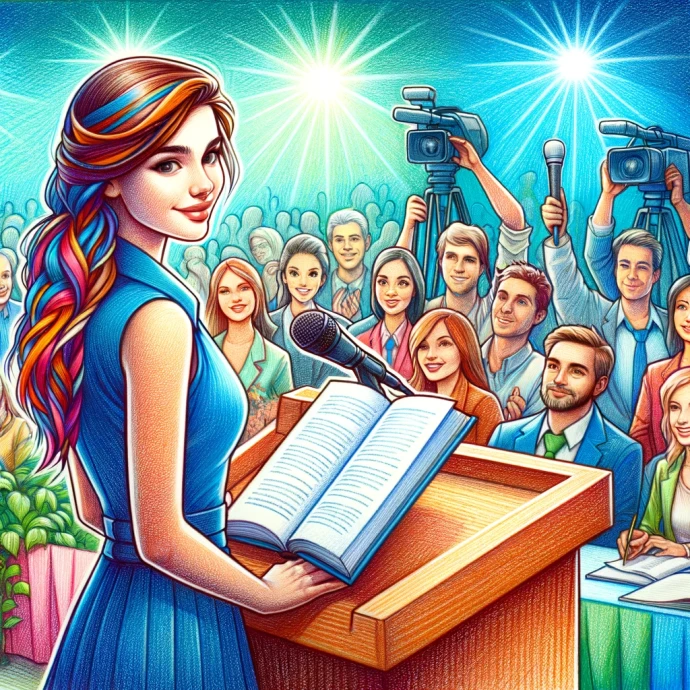
In the realm of writing, where the substance of human inclination and the profundity of thought entwine to make stories that resound with our actual spirits, a new disclosure has sent shockwaves through the local area. Rie Kudan, a writer who accomplished quite possibly of the greatest distinction in Japanese writing, the Akutagawa Prize, has started a discussion that challenges our view of imagination, origin, and the job of man-made brainpower in human expression. This blog entry looks to investigate the profound excursion of Kudan's disclosure, the moral scrapes it presents, and the more extensive ramifications for the eventual fate of writing.
The Disclosing of a Mechanical Dream
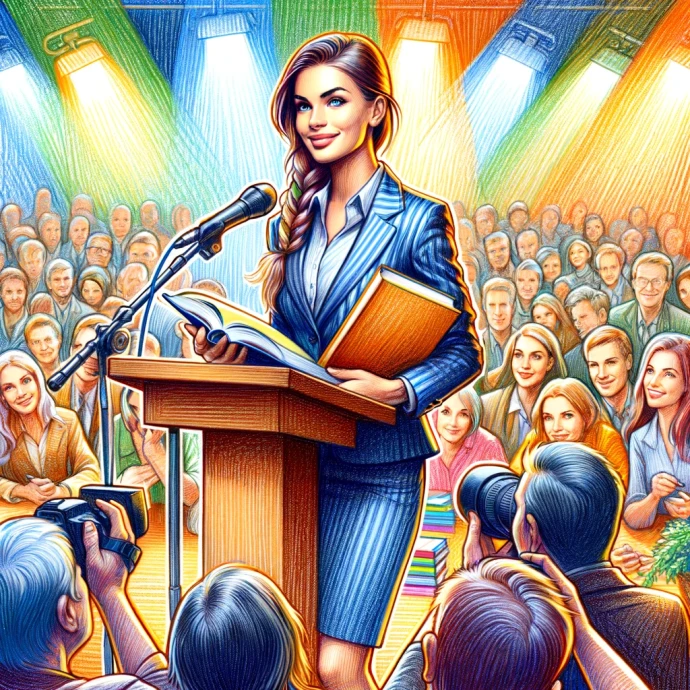
Rie Kudan's book, "Tokyo-to Dojo-to" was praised as a magnum opus, a work so immaculate that it enraptured its appointed authorities and gotten quite possibly of the most sought-after honour in the scholarly world. However, the service that ought to have been the zenith of Kudan's vocation turned into a snapshot of significant disclosure. She conceded to using generative simulated intelligence, explicitly ChatGPT, in the making of her novel, expressing that around five percent of the book contained sentences straightforwardly created by artificial intelligence.
This admission is a blend of feelings, from surprise to double-crossing, among the appointed authorities and the scholarly local area in general. The novel, once hailed for its flawlessness, presently remained at the focal point of a petulant discussion over the genuineness and respectability of involving artificial intelligence in making workmanship.
The Convergence of Workmanship and Computerized Reasoning
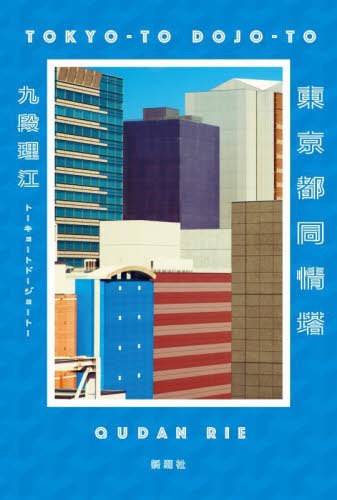
Kudan's novel isn't simply a story but a mirror mirroring the cultural and moral ramifications of AI's incorporation into our lives. Set in another future where artificial intelligence is joined with human life, it follows a modeller who wrestles with the ethical intricacies of a general public that has standardized the presence of crooks in solace, resembled by the ubiquity of generative artificial intelligence.
Through her story, Kudan leaves on a philosophical investigation of the subtleties of equity, language, and the human condition, welcoming perusers to contemplate the "delicate and fluffy words" that shape how we might interpret good and bad. Her utilization of artificial intelligence recorded as a hard copy the novel turns into a meta-story, an intentional decision that obscures the lines among maker and creation, provoking us to reexamine the limits of creative liberty.
A Tradition of Debate
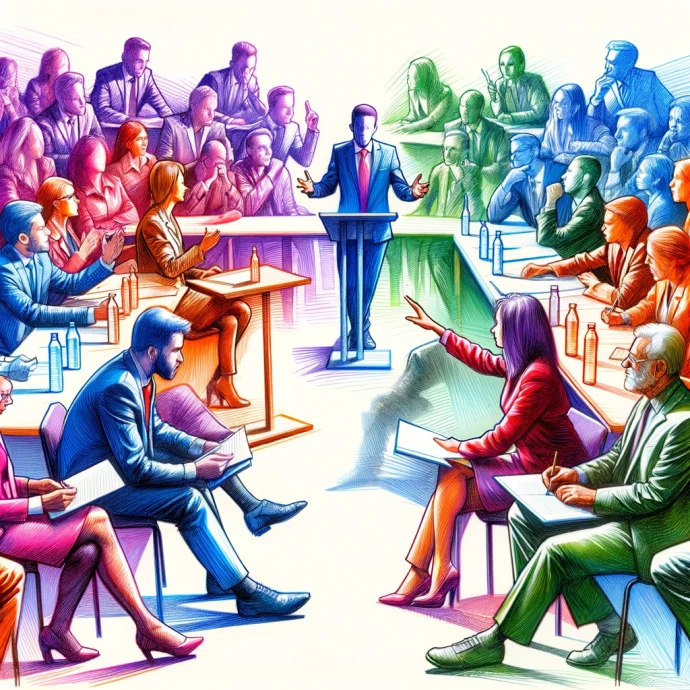
Kudan's disclosure is definitely not a separated episode yet a piece of a developing pattern where the limits of workmanship and innovation are being tried. The discussion reverberations previous occasions where AI created works have guaranteed renowned honors, inciting a reconsideration of what is craftsmanship and who, for sure, can be viewed as a craftsman. These episodes have ignited banters inside creative networks as well as prompted fights in court, with eminent creators battling against the utilization of their protected material to prepare AI intelligence models without assent.
The moral ramifications of generative artificial intelligence in human expressions stretch out past copyright issues, addressing the existential feelings of dread of specialists about the fate of their speciality. As man-made intelligence keeps on advancing, this has yet to be addressed: will innovation improve human inventiveness, or will it at last supplant it?
Exploring the Fate of Innovativeness
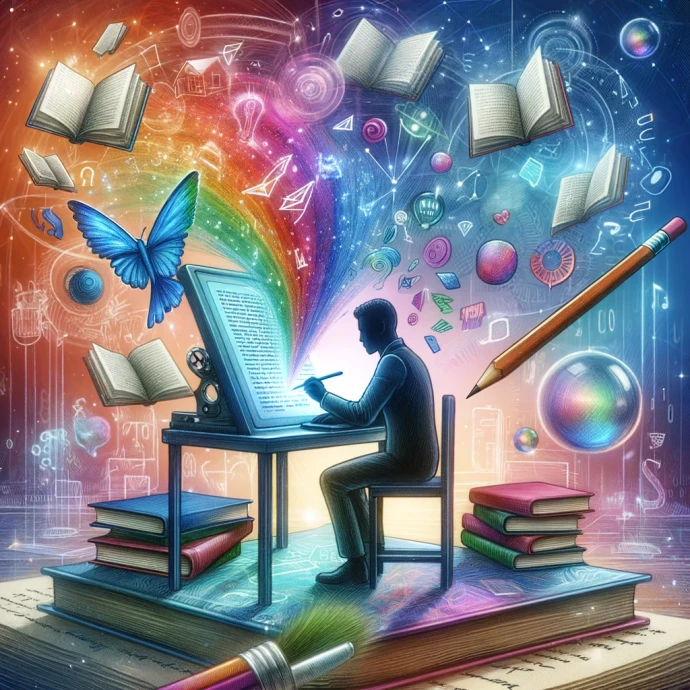
As we stand at this junction, the tale of Rie Kudan and her artificial intelligence helped novel fills in as an impetus for a more extensive discussion about the job of innovation in the inventive strategy. It moves us to go up against our predispositions and to think about how conceivable it is that craftsmanship can rise out of the cooperative energy between human inclination and AI reasoning.
The excursion ahead is full of vulnerability, yet it likewise offers a chance for development and change. By embracing the intricacies of this new scene, we can investigate unknown regions of articulation and inventiveness, where the combination of human and machine opens up new domains of plausibility.
Determination: The Beginning of Another Time in Writing
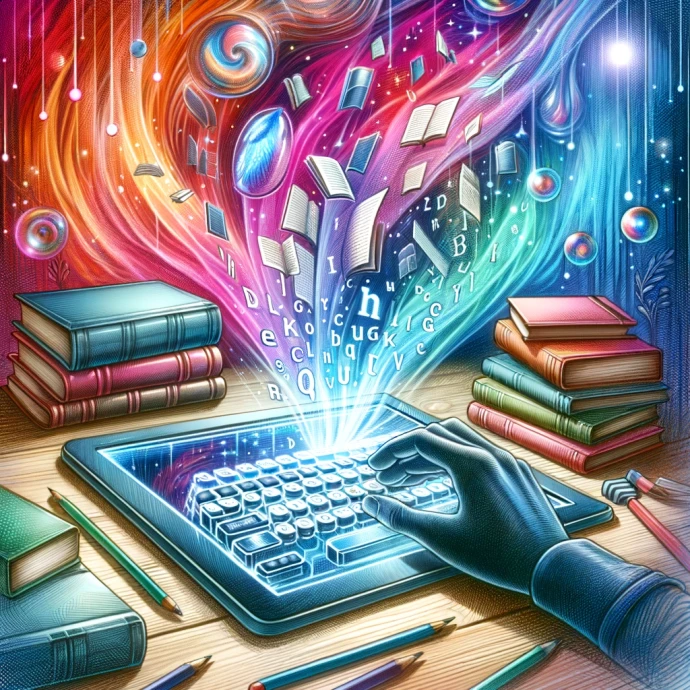
Rie Kudan's confirmation has without a doubt blended the pot, however, it has likewise enlightened the way toward a future where the joint effort among human and machine can prompt phenomenal types of imaginative articulation. As we explore this fragile equilibrium, the discussion around the morals, suggestions, and capability of artificial intelligence in writing is simply starting. A discussion will shape the development of narrating, inventiveness, and human articulation long into the future.
In this time of mechanical headway, we are helped that the embodiment to remember workmanship lies not in the devices we utilize, but rather in the narratives we tell and the feelings we bring out. Whether written the hard way or produced by AI, the force of writing to move, challenge, and motivate us stays undiminished.
















Comments . 0